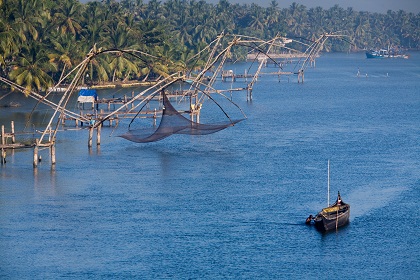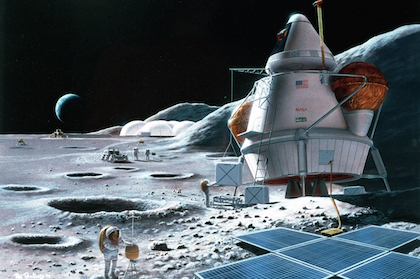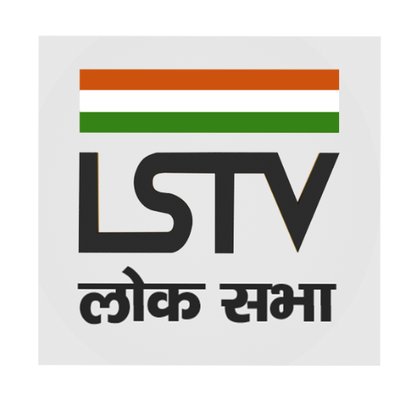India’s millennial moment
India’s millennials, like many in other emerging economies, are optimistic about their future in a way their contemporaries in developed markets are not. Young Indians defer less to tradition and authority, yet cling to convention in many areas of their lives. A new book attempts to plumb the millennial mindset










